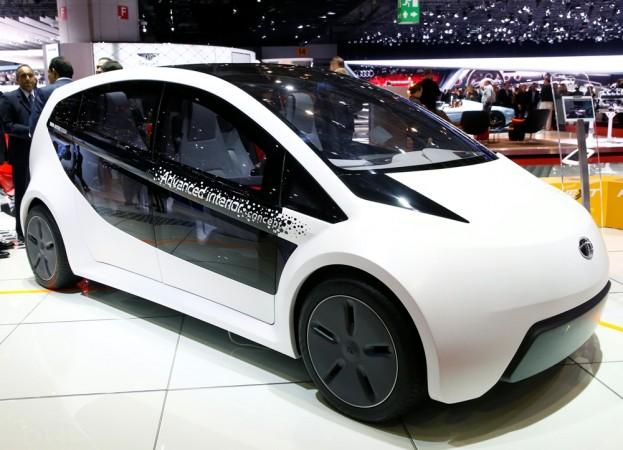Even as the world hails driverless car concept as 'a technological marvel', India is not willing to put out the welcome mat to the futuristic segment. According to the Indian government, embracing technology will lead to massive job losses in a country already reeling under the weight of unemployment. Union Minister for Roads and Transport, Nitin Gadkari, said India cannot afford to lose jobs of millions of drivers.

Gadkari said the focus of the government is on job creation and the driverless car technology, in the present situation, may not suit the Indian market. The Union Minister said millions of jobs are created in the transport market by truckers and taxi aggregators. "Such technology will make millions jobless," Gadkari told reporters. Gadkari also talked about a taxi booking app, like Ola and Uber, in the works.

"Maybe some years down the line we won't be able to ignore it but, as of now... we shouldn't allow it, and we are very clear on it," he reiterated. He also insisted the government platform will provide for more jobs. "The idea is in the primary stage but we're working on it seriously," he noted.
The government is planning to open 100 driver training institutes across the country to create more jobs. "Five lakh people will get jobs over the next five years," Gadkari said.
The Union Minister clarified such vehicles imported to India will not get any tax relief, "I have told the manufacturers that they can come and manufacture here but there is no question of tax relief," he said.
Carmakers and technology giants across the world including Tesla Motors, Google, Uber, Mercedes, Ford, Volkswagen and General Motors are working on driverless cars. Driverless cars are expected to hit the roads as early as 2018.

















